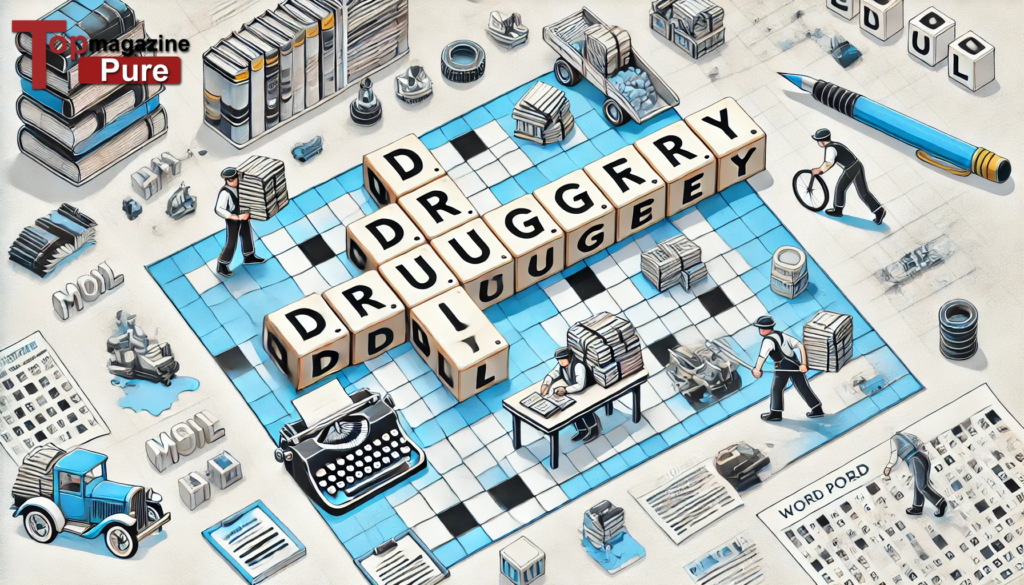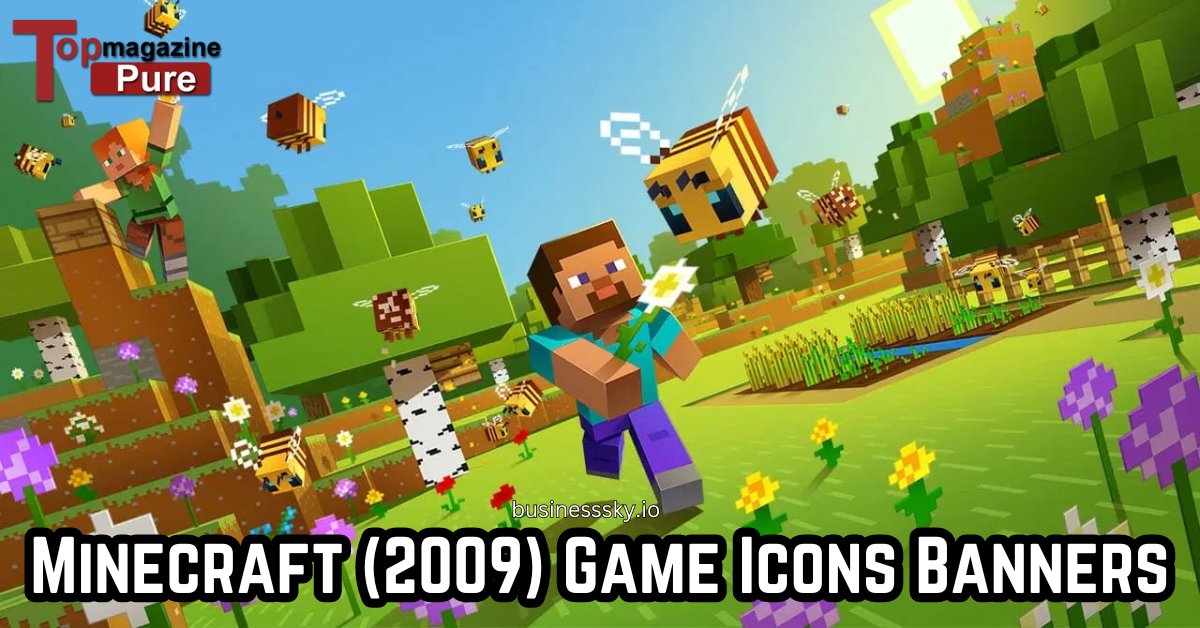Introduction
7 Little Words is an engaging word puzzle game that combines the best elements of crosswords, word searches, and anagrams. It challenges players to decipher clues, rearrange letter groups, and uncover the correct answers. A frequently encountered clue in this game is drudgery, a term that evokes the notion of tedious or repetitive work. Solving this clue and others like it requires not only a good vocabulary but also an understanding of effective puzzle-solving strategies.
In this guide, we’ll explore the meaning of drudgery, its relevance in 7 Little Words, and provide detailed techniques to solve puzzles effectively, ensuring your success and satisfaction.
Understanding Drudgery: The Meaning Behind the Clue
What is Drudgery?
- Definition: Drudgery refers to monotonous, dull, or laborious work that lacks excitement or creativity.
- Synonyms:
- Monotony
- Grind
- Hardship
- Toil
- Labor
Drudgery as a clue in 7 Little Words usually relates to tasks associated with boredom or repetitive effort, making it an apt choice for puzzle creators seeking to challenge players.
How Drudgery Appears in 7 Little Words
In 7 Little Words, clues like “tedious work” or “repetitive labor” often hint at drudgery as the answer. Understanding the context and structure of the game helps in solving it.
Clue Examples
- “Tedious work”
- “Repetitive effort”
- “Unpleasant task”
- “Boring grind”
Example Puzzle Breakdown
- Clue: “Tedious work”
- Letter Groups: DR, UD, GE, RY
- Answer: Drudgery
Why Drudgery Fits
- It matches the meaning of the clue.
- The letter groups align to form the word “drudgery.”
- The word length matches the required answer.
Expert Tips for Solving Drudgery and Similar Clues
Solving clues like drudgery requires strategy and attention to detail. Here’s how you can decode it effectively:
Step 1: Break Down the Clue
- Understand the clue’s context. For example, “tedious work” implies monotony or repetitive effort.
- Think of related words like “toil,” “grind,” or “labor.”
Step 2: Analyze the Letter Groups
- Identify possible patterns in the provided groups of letters.
- Rearrange the letters to form logical words.
Step 3: Use Synonyms
- Match the clue to its synonyms. For “drudgery,” synonyms like “hardship” or “grind” might help guide you to the correct answer.
Step 4: Apply Process of Elimination
- Discard letter groups that don’t fit the length or meaning of the clue.
- Focus on groups that align with the word “drudgery.”
Step 5: Practice Regularly
- The more puzzles you solve, the more familiar you’ll become with common words and patterns like “drudgery.”
Benefits of Playing 7 Little Words
Solving puzzles like drudgery 7 Little Words isn’t just fun—it’s also highly beneficial for your mind.
Cognitive Benefits
- Vocabulary Expansion: Encountering words like “drudgery” builds your lexicon.
- Problem-Solving Skills: Decoding clues enhances analytical thinking.
- Memory Enhancement: Remembering word patterns strengthens cognitive recall.
Emotional Benefits
- Stress Relief: Focusing on puzzles can be meditative and relaxing.
- Sense of Achievement: Successfully solving difficult clues like “drudgery” boosts confidence.
How to Improve Your Puzzle-Solving Skills
Here’s a step-by-step guide to mastering puzzles like 7 Little Words:
Step 1: Start with Familiar Clues
- Solve the easiest clues first to build confidence.
- Look for common words or patterns.
Step 2: Expand Your Vocabulary
- Read more and learn new words daily.
- Use tools like dictionaries or word apps to discover synonyms and antonyms.
Step 3: Collaborate with Others
- Solve puzzles with friends or family to share ideas.
- Collaboration can introduce new perspectives and techniques.
Step 4: Use Online Resources
- Explore hint systems or guides for challenging puzzles.
- Review past puzzles to identify recurring patterns or words like “drudgery.”
Step 5: Practice Daily
- Dedicate time to solving puzzles regularly to build proficiency.
- Revisit difficult puzzles to understand your mistakes and improve.
Frequently Asked Questions
Q1: How often does “drudgery” appear in 7 Little Words?
Drudgery is a common word in 7 Little Words, especially in puzzles themed around work or effort.
Q2: What should I do if I’m stuck on a clue?
Take a break and revisit the puzzle later.
Look for synonyms or related words.
Use hints sparingly if the game offers them.
Q3: Can I use outside resources to solve puzzles?
Yes! Using dictionaries, thesauruses, or word apps can enhance your learning and puzzle-solving skills.
Conclusion
The word drudgery in 7 Little Words is more than just a puzzle—it’s an opportunity to improve your vocabulary, critical thinking, and problem-solving abilities. By understanding its meaning, breaking down clues, and practicing regularly, you can master not only this word but also the game itself.
So, the next time you encounter drudgery or a similar clue, remember these tips and enjoy the satisfaction of solving it with ease. Dive into the world of word puzzles and let your journey begin—one clue at a time. Happy puzzling!






